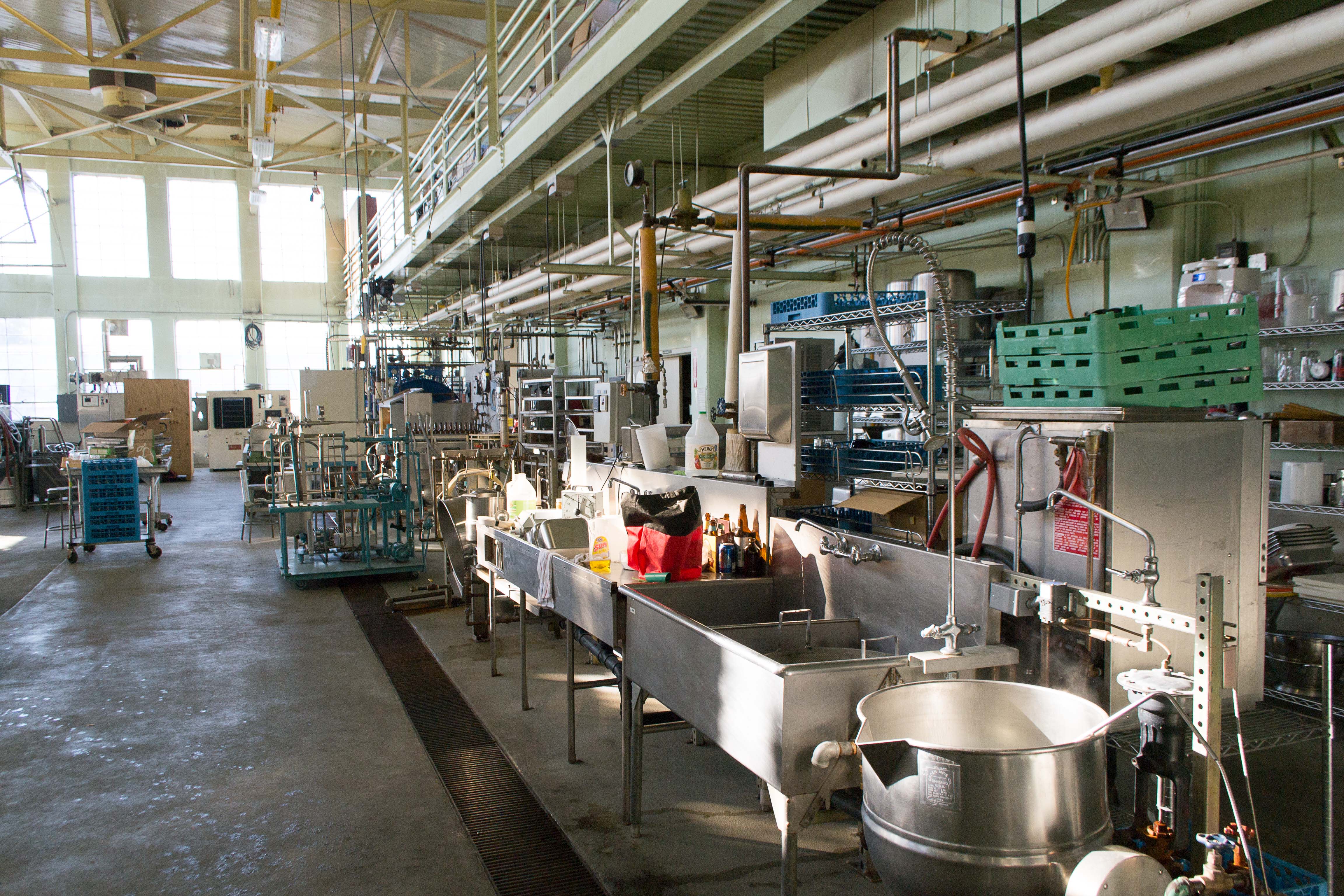
Photo from academic.microsoft.com
A healthy lifestyle and a balanced diet play a paramount role in promoting and maintaining homeostatic functions and preventing an array of chronic and debilitating diseases. Based upon observational and… Click to show full abstract
A healthy lifestyle and a balanced diet play a paramount role in promoting and maintaining homeostatic functions and preventing an array of chronic and debilitating diseases. Based upon observational and epidemiological investigations, it is clear that nutritional factors and dietary habits play a significant role in gynecological disease development, including uterine leiomyoma, endometriosis, polycystic ovary syndrome, and gynecological malignancies. Diets rich in fruits and vegetables, Mediterranean diets, green tea, vitamin D, and plant-derived natural compounds may have a long-term positive impact on gynecological diseases, while fats, red meat, alcohol, and coffee may contribute to their development. Data regarding the association between dietary habits and gynecological disorders are, at times, conflicting, with potential confounding factors, including food pollutants, reduced physical activity, ethnic background, and environmental factors limiting overall conclusions. This review provides a synopsis of the current clinical data and biological basis of the association between available dietary and nutritional data, along with their impact on the biology and pathophysiology of different gynecological disorders, as well as an outlook on future directions that will guide further investigational research.
Journal Title: Nutrients
Year Published: 2021
Link to full text (if available)
Share on Social Media: Sign Up to like & get
recommendations!